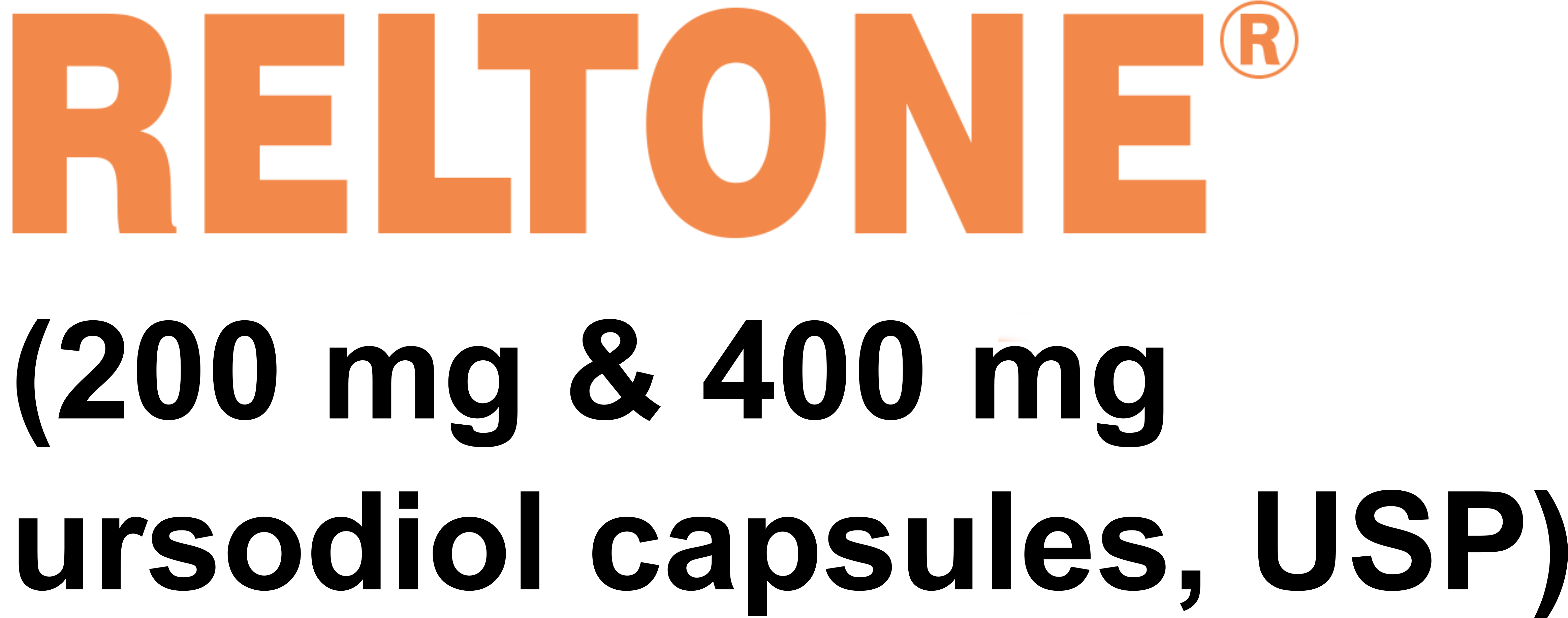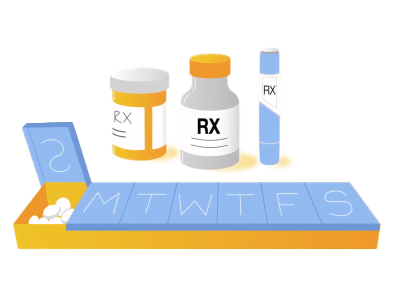

Therapy with Reltone is for patients with specific situations and gallstone types, and other therapies should be considered when selecting treatment. Dissolving a gallstone with Reltone takes months of therapy. In some patients, gallstones do not completely dissolve. Up to half (50%) of patients whose stones dissolve on bile acid therapy have stones return within 5 years. It has not been established if Reltone is safe to use for longer than 24 months.
Your healthcare provider should check the levels of certain liver enzymes when you first start taking Reltone and at times as you continue taking it. Tell your healthcare provider if you have liver disease.
Reltone will not dissolve gallstones that are:
Reltone should not be used by people who have a strong medical reason to have surgery to remove the gallbladder. These reasons may include sudden, persistent swelling of the
gallbladder (unremitting acute cholecystitis); infected bile ducts (cholangitis); blocked bile ducts (biliary obstruction); inflamed pancreas caused by gallstones (gallstone pancreatitis); or an abnormal connection between organs (biliary-gastrointestinal fistula).
Do not use Reltone if you have an allergy to bile acids.
When Reltone is used for dissolving gallstones, the most common side effects (more frequent than placebo by ≥3%) include diarrhea, indigestion, inflamed throat (pharyngitis), and arthritis. When Reltone is used for preventing gallstones, the most common side effects (more frequent than placebo by ≥3%) include back pain, diarrhea, constipation, nausea, and dizziness.
Using Reltone when pregnant is not recommended. Using the correct dose of Reltone is important, especially for elderly people. It is unknown if Reltone is safe or effective in children.
You are encouraged to report negative side effects of prescription drugs to the FDA. Visit www.fda.gov/medwatch or call 1-800-FDA-1088. Please see full Prescribing Information enclosed.